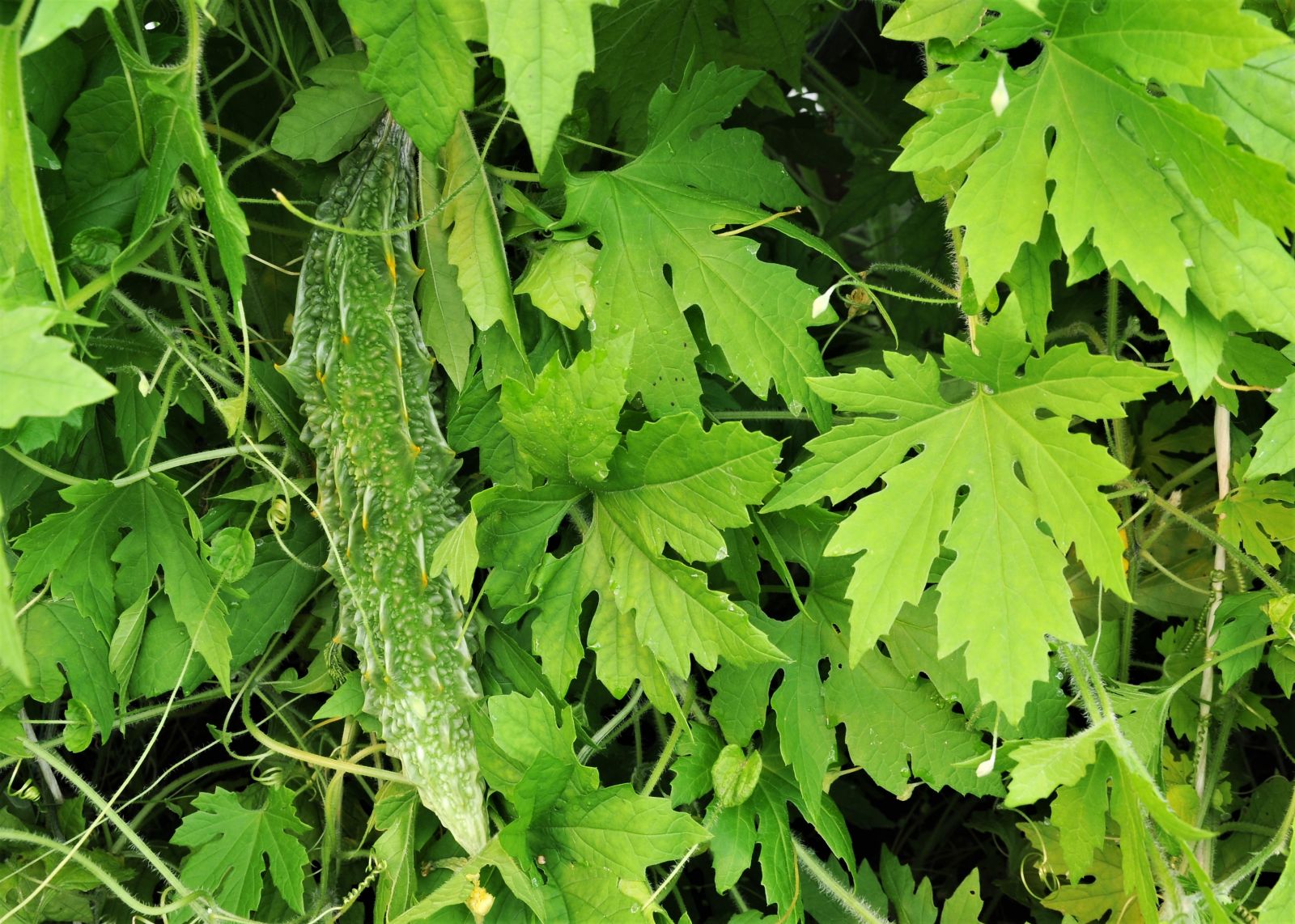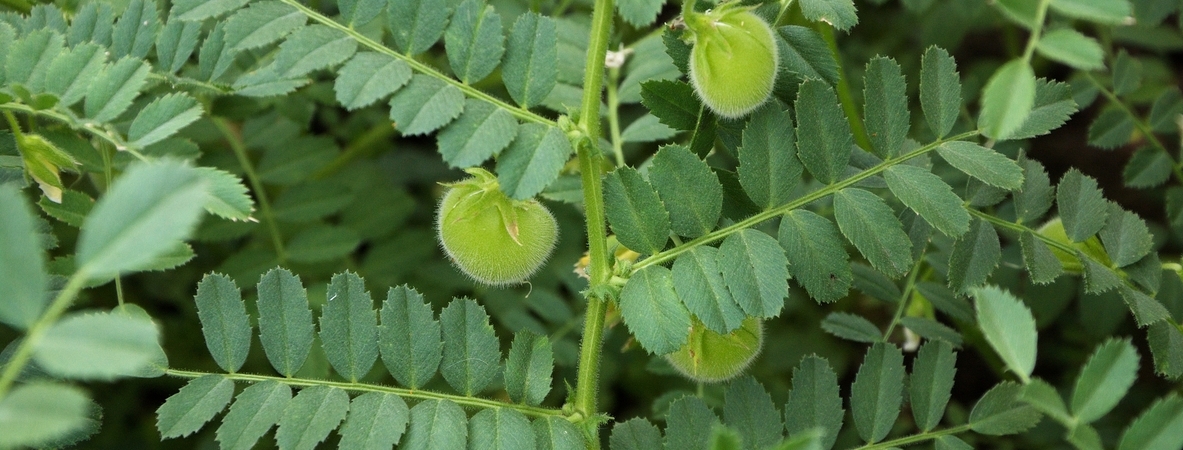The value of non-traditional crops
Sowing New Seeds - Resources
Interested in increasing crop diversity & growing ‘non-traditional’ crops? Have a look at these useful resources from Garden Organic’s ‘Sowing New Seeds’ project.
Resource explained
Crop diversity helps to ensure a secure and nutritious food supply. Recognising the diversity and value of exotic crops, Garden Organic’s ‘Sowing New Seeds’ project captured specialist knowledge and experience of multi-cultural allotment holders and community groups about crops not traditionally grown in the UK. This knowledge has been made available to those who might want to grow the crops in the form of some useful practical resources. This webpage takes you to the resources produced as part of this and Garden Organic’s ‘Growing from My Roots’ project.
Findings & recommendations
- The Sowing New Seeds project recognised that small-scale growing of multicultural crops could play a vital role in genetic conservation and food security.
- The ‘Factsheets’ for unusual crops give some background to each of the crops describing their appearance and growing needs, differences in varieties, planting and cultivation recommendations, information in relation to pests, weeds and diseases, harvesting and storage, and potential uses.
- The growing cards provide basic information on planting, growing and eating various crops with accompanying images. While aimed principally at community groups and schools, they are useful quick reference cards for anyone interested in growing the crops, as are the growing cards from the Oral History project; also accessible from the same page.
- You can also access from the same link an interesting review carried out with the University of Birmingham examining the role of growing exotic crops in genetic conservation and food security.
- An important part of the project (based in the Midlands in the UK) was to collect and save seeds of the crops grown.
Find out more about the ‘Sowing New Seeds’ project here.

Images: Above shows karela, header image shows chickpea pods. All photo credits: Garden Organic (CC BY-ND)


